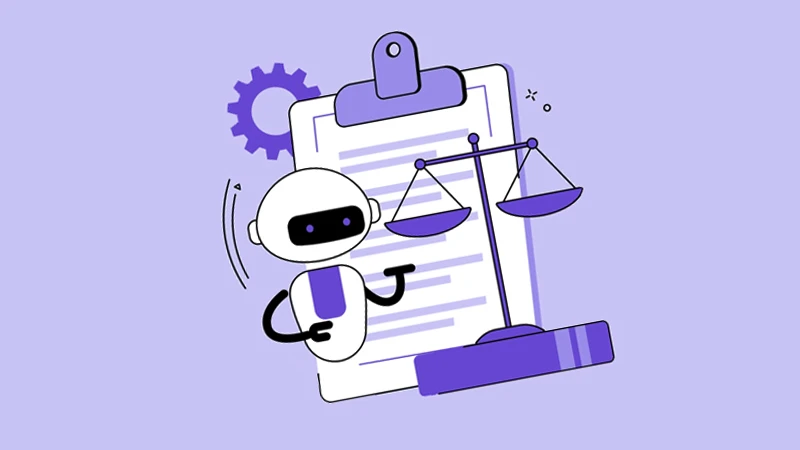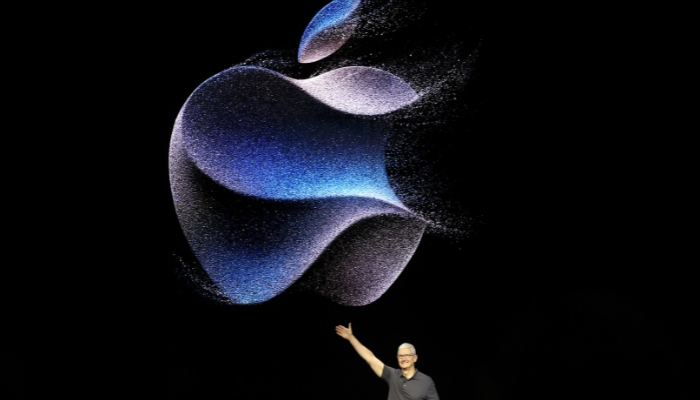
The EU aims to establish a global benchmark for technology, including prohibiting the use of live facial recognition by law enforcement in public areas.
In a significant development, the European Union has moved closer to passing pioneering legislation governing artificial intelligence. The European parliament has endorsed a set of regulations that not only establish a global benchmark for various AI applications but also impose a comprehensive prohibition on law enforcement’s utilization of live facial recognition technology in public spaces. These rules encompass a wide range of AI implementations, including automated medical diagnoses, certain drone operations, deepfake videos, and chatbot systems like ChatGPT.
MEPs will engage in further discussions with EU member states to finalize the details of the draft legislation, referred to as the AI act, before it transforms into law.
Thierry Breton, the European commissioner for the internal market, emphasized the urgency of addressing the social, ethical, and economic implications of AI. He stated that now is not the time to halt progress but to act swiftly and assume responsibility.
Contrary to expectations, a rebellion within the centre-right MEPs of the EPP political group against the complete prohibition of real-time facial recognition in public spaces across Europe did not materialize. This was partly due to several politicians attending Silvio Berlusconi’s funeral in Italy.
The conclusive tally revealed 499 votes in favor, 28 votes against, and 93 abstentions.
European leaders are anticipated to resist a complete prohibition on biometrics, as law enforcement agencies throughout the continent are eager to leverage its potential for identifying criminals in public areas.
The EPP (European People’s Party) argued that the technology could play a vital role in combating crime, intelligence for counter-terrorism efforts, and locating missing children.
The proposed legislation also includes a ban on emotional recognition, a technology employed in certain regions of China to identify fatigued truck drivers, within workplaces and schools.
Roberta Metsola, the President of the European Parliament, hailed the legislation as a landmark that will establish the global standard for years to come. She emphasized that the EU now has the capacity to set the global tone and usher in a new era of scrutiny.
Brando Benifei, one of the co-rapporteurs of the parliament’s AI committee responsible for advancing the legislation to the voting stage, stated that the law would offer a definitive safeguard to prevent any potential threat of mass surveillance in regards to facial recognition.
Dragos Tudorache, the other co-rapporteur, remarked that had the legislation been in effect earlier, the French government would have been unable to enact a law this year permitting the use of live facial recognition for crowd monitoring during the 2024 Olympics.
In order to address the significant risk of copyright violations, the legislation will require AI chatbot developers to disclose all the materials from scientists, musicians, illustrators, photographers, and journalists that were utilized in training them. Additionally, they will need to demonstrate that their training methods adhered to legal requirements.
Failure to comply with these requirements could result in the mandatory removal of applications or substantial fines, potentially reaching up to 7% of their revenue. For tech giants, this could amount to hundreds of millions of euros. Tudorache emphasized the enforcement measures, stating that the legislation possesses robust mechanisms to ensure compliance.
He expressed that discussions with the European Council and the European Commission would commence, and he would approach these talks with a mandate from the parliament, rather than inflexible positions regarding the disputed matter of facial recognition.
Benifei argued against the EPP’s attempts to remove the blanket ban on mass surveillance, asserting that such a ban would not hinder law enforcement from utilizing the tool for security purposes, as they can still employ biometric data, including CCTV footage, which they already use to pursue criminals.
There is a growing demand to regulate AI on both sides of the Atlantic, as pressure mounts on Western governments to take swift action in what some perceive as a battle to safeguard humanity.
While proponents of AI applaud its potential to revolutionize society, encompassing areas such as work, healthcare, and creative endeavors, there are concerns about its capacity to undermine democracy.





